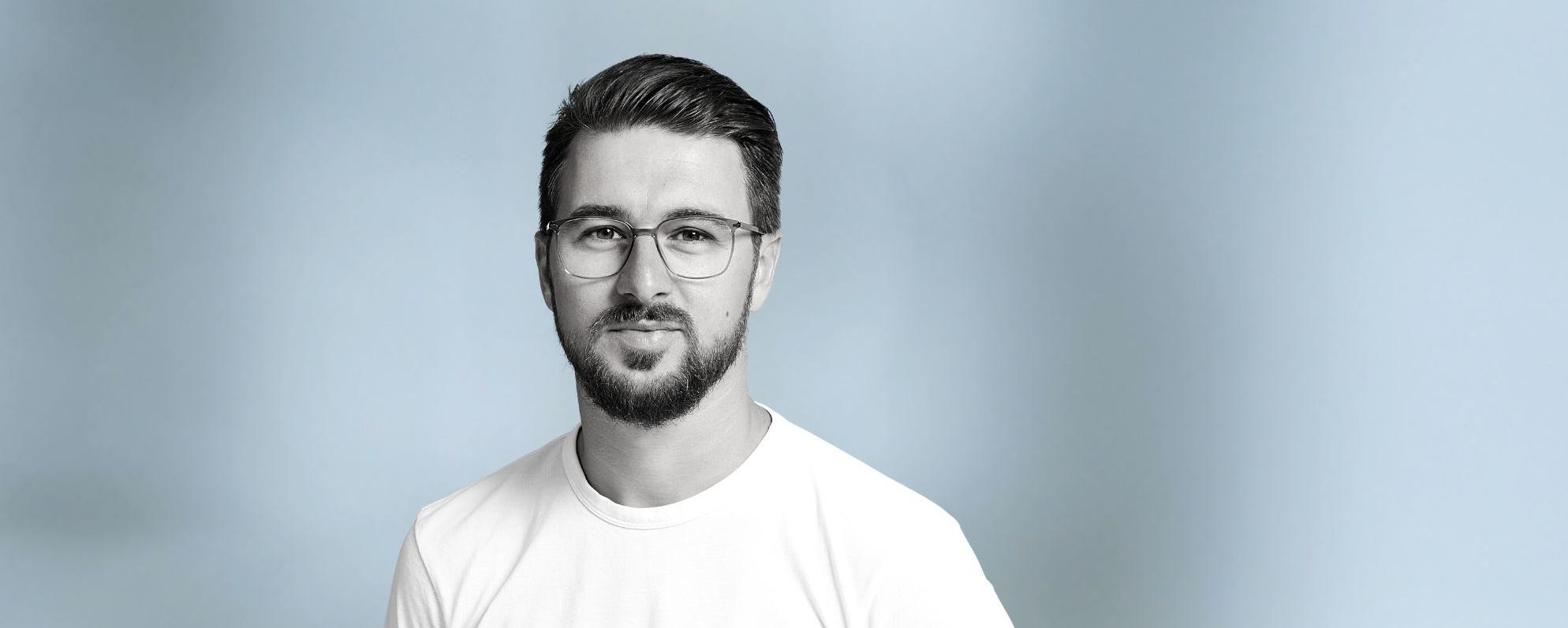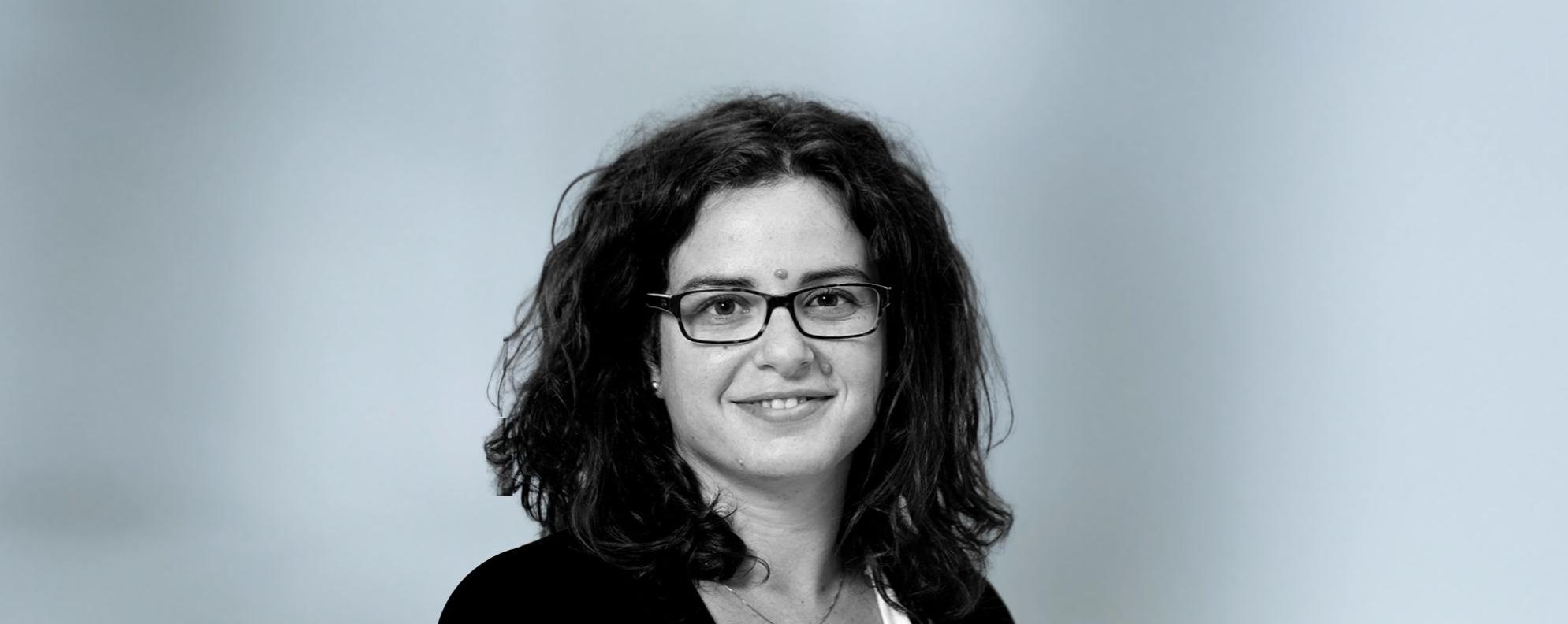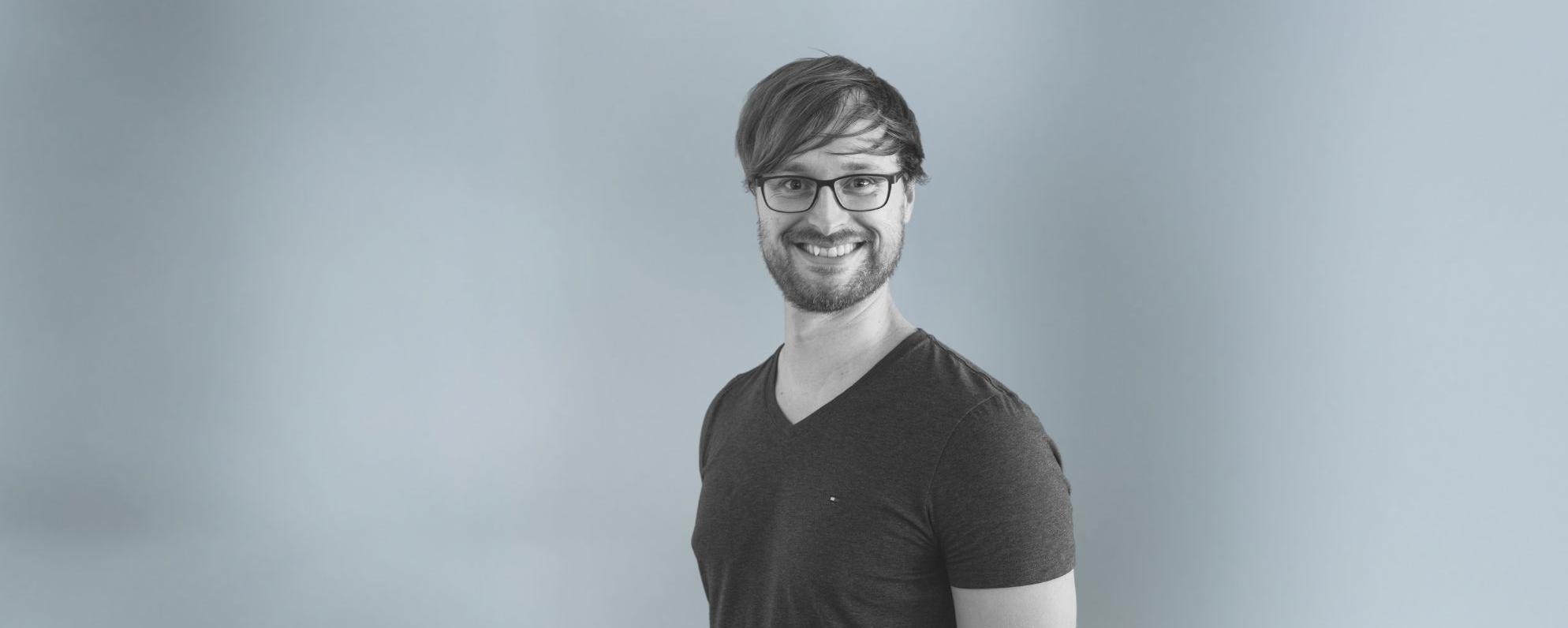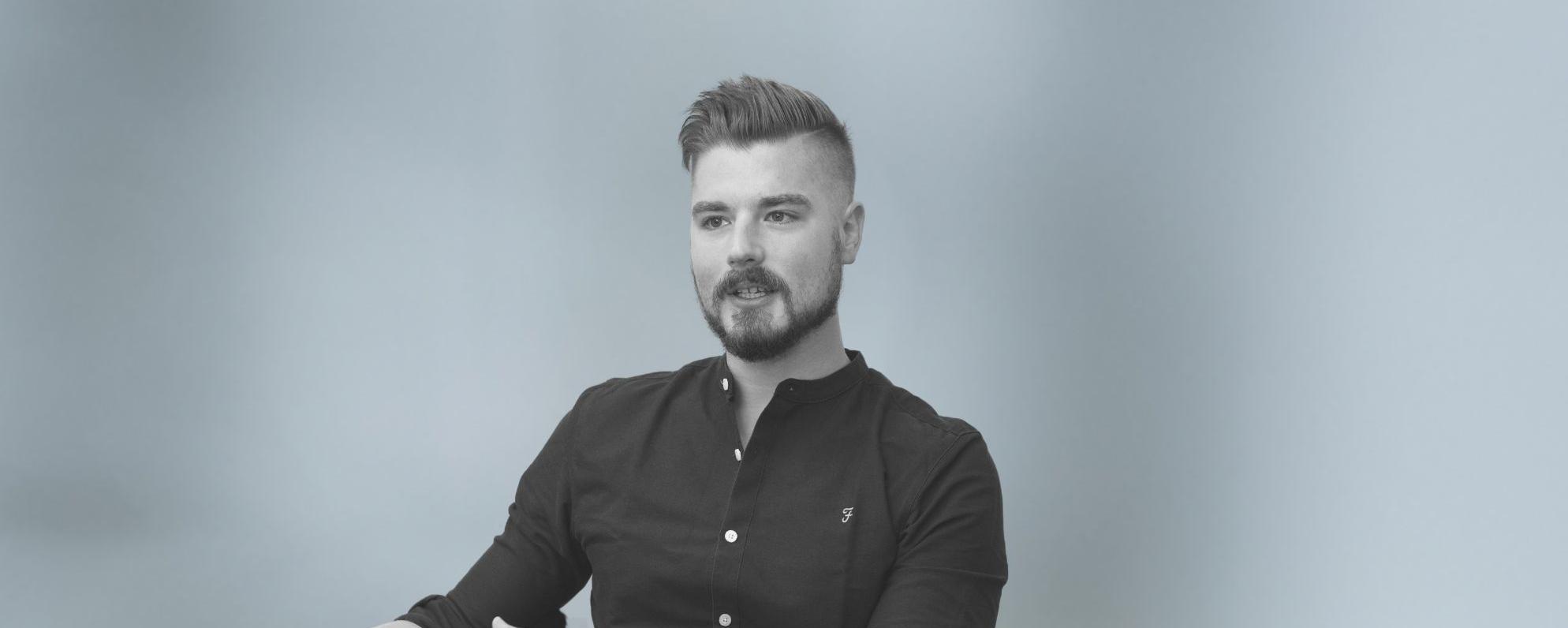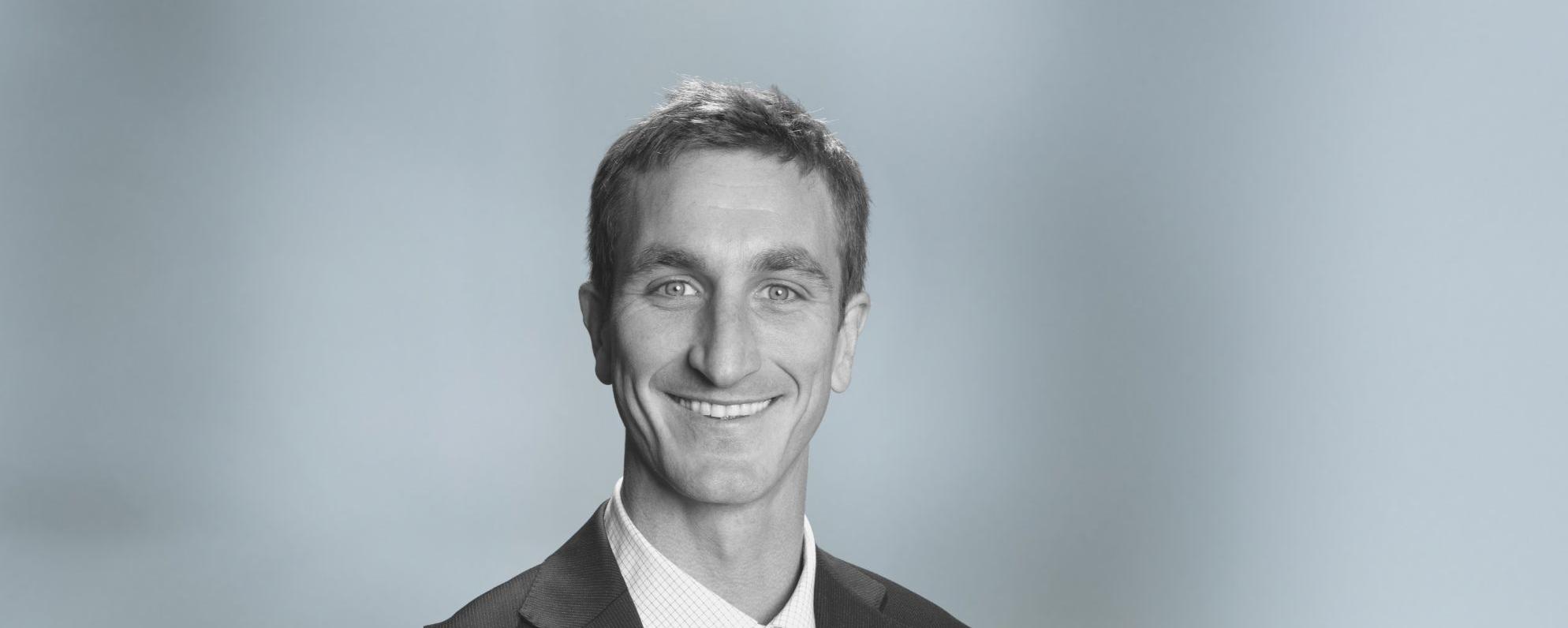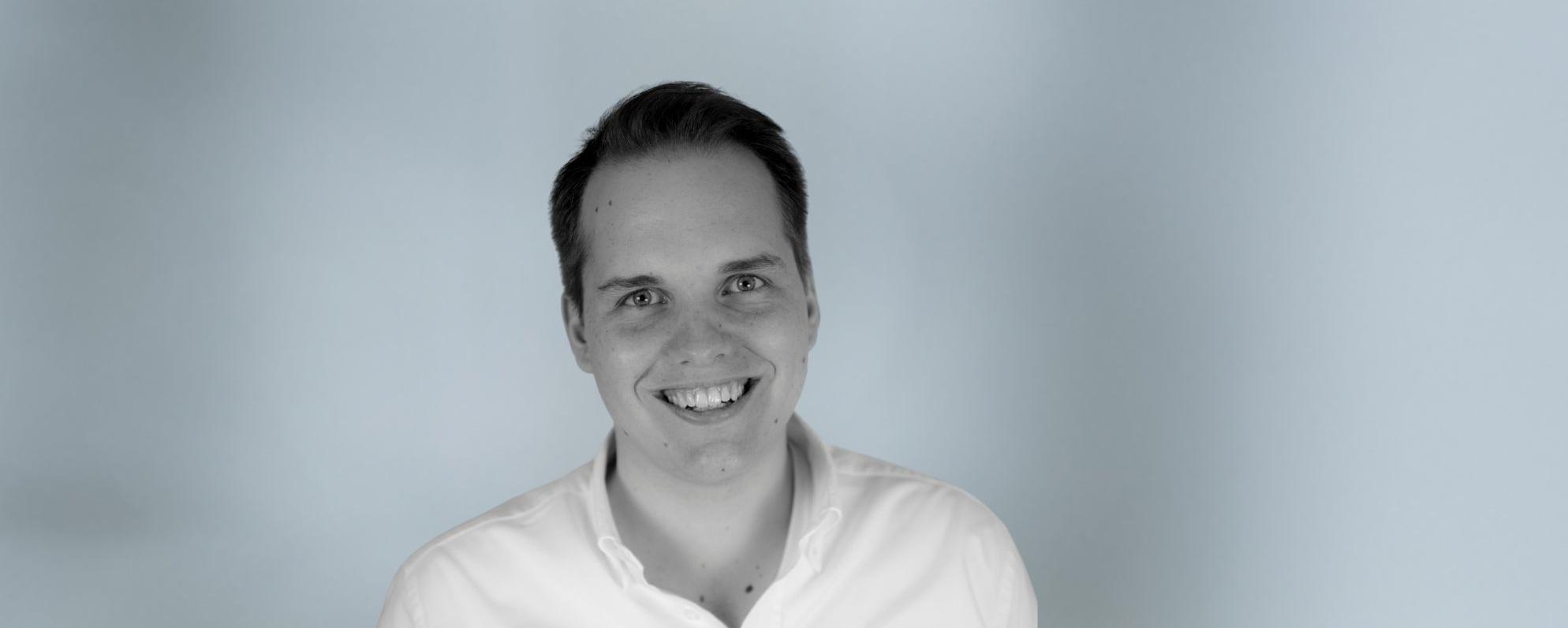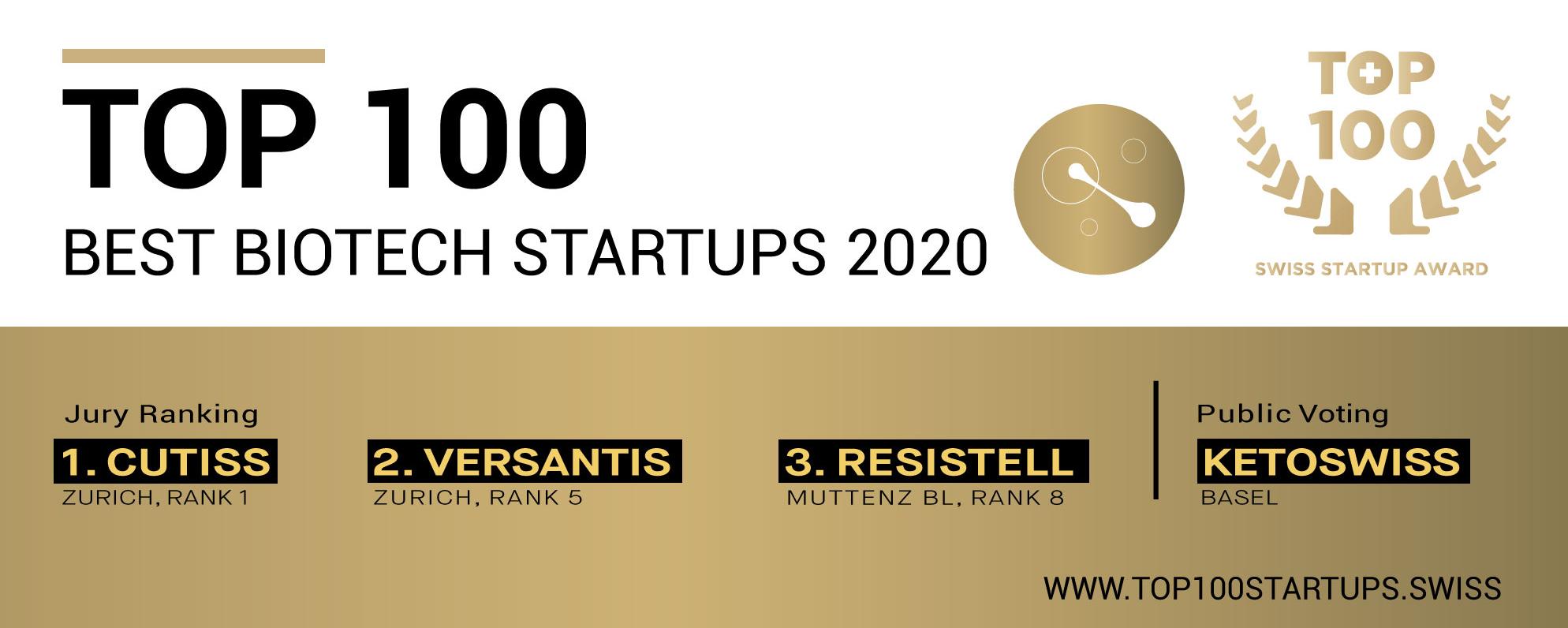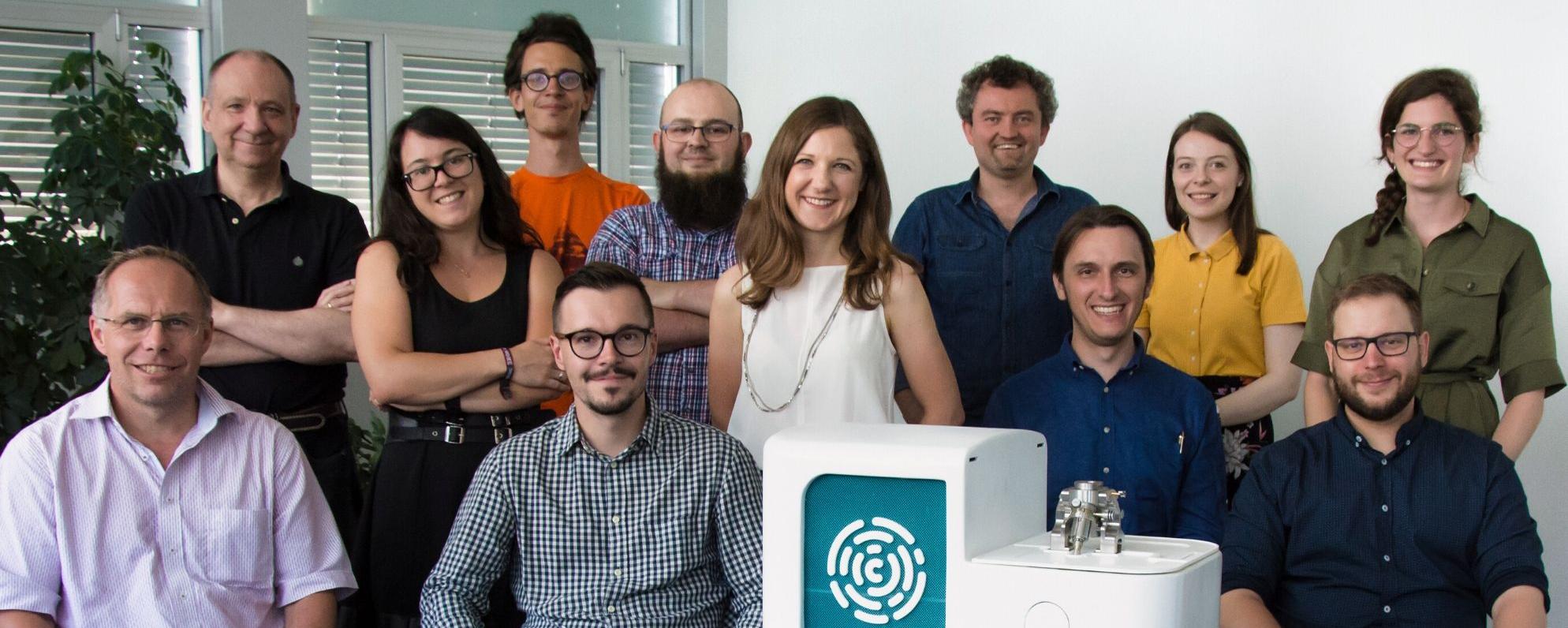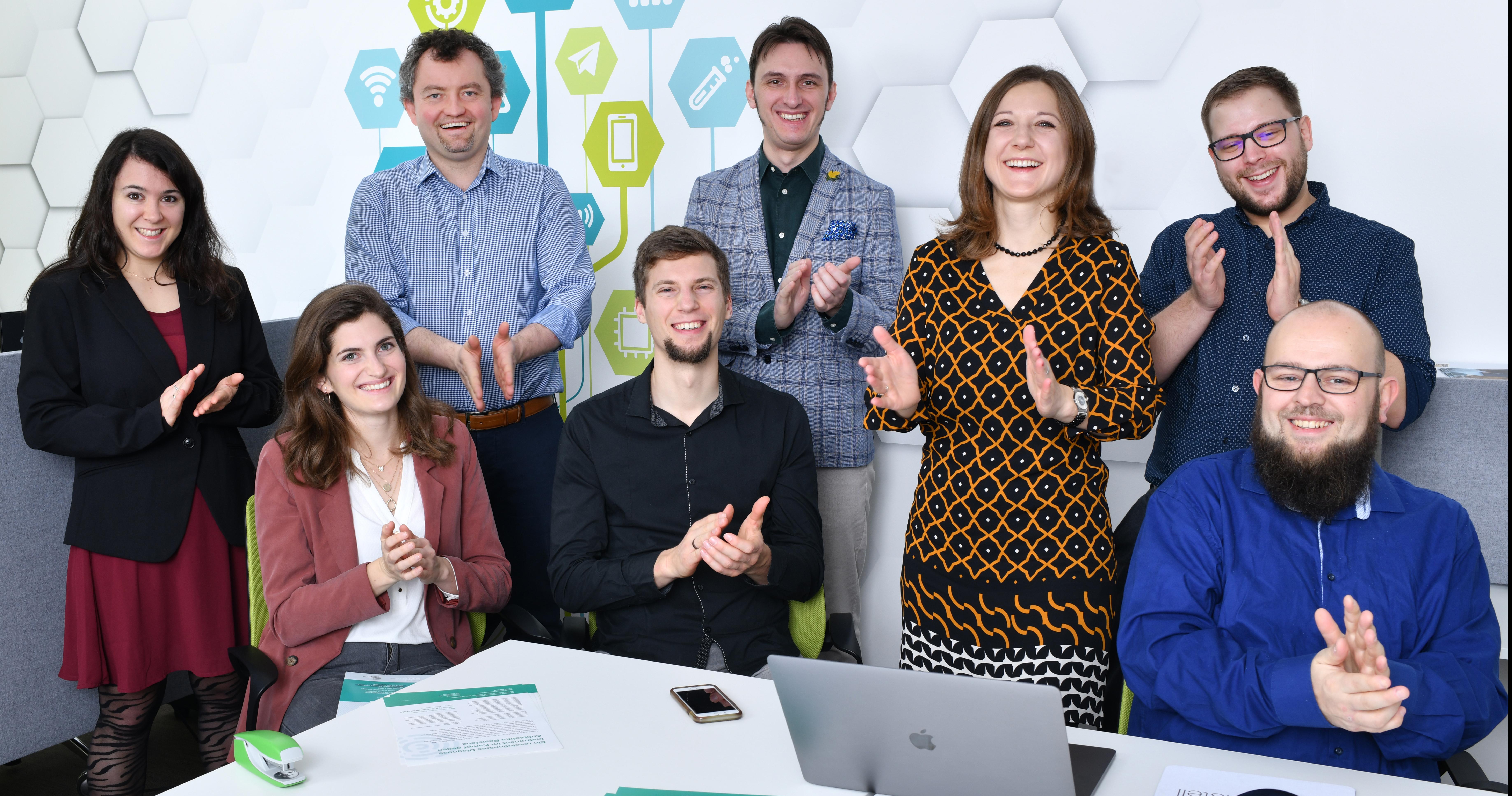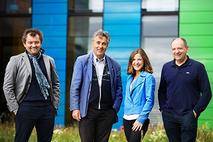Our series about Switzerland’s most inspiring entrepreneurs and founders continues with Danuta Cichocka, the co-founder and CEO of Resistell. The Muttenz-based biotech startup proposes an alternative to culture-based antibiograms, the current gold standard in antibiotic susceptibility testing. The EPFL spin-off offers a diagnostic device, the rapid AST method, which is based on the detection of movement caused by living bacterial cells. The new method reduces the time taken to get a result from days to minutes, shows which specific antibiotic is effective against the bacteria, and significantly improves the chances of patients’ survival.
Switzerland boasts countless world-class startups, and our series puts the spotlight on some of the best and most inspiring entrepreneurs and founders to find out what motivates them, what they have learned, and what they do when they are not transforming the world with their innovations. To get this behind-the-scenes perspective, we ask each entrepreneur to complete a short profile and choose ten questions from a questionnaire about their personal and professional life. This week features Danuta Cichocka, the co-founder and CEO of Resistell, a Venture Kick winner in 2018, a Venture Leader Life Sciences 2019, and a TOP 100 Swiss startup in 2019 and 2020—ranking eight in 2020.
Resistell CEO Danuta Cichocka at the TOP 100 Swiss Startup Award 2020
 Name: Danuta Cichocka
Name: Danuta CichockaLocation: Muttenz
Born in: 1980 in Warsaw, Poland
Graduated from: 2016 Executive MBA, EPF Lausanne, Switzerland; 2008 PhD in Microbiology, Helmholtz Centre for Environmental Research, Leipzig, Germany
Job title: CEO of Resistell
Number of employees: 15
Money raised (as of 11/2020): CHF 4.4 million in equity financing and CHF 4 million non-dilutive funding (3 grants)
First touchpoint with Venturelab: In 2017, at the Swiss Start-up Days in Bern
“Resistell is developing the world’s fastest antibiotic susceptibility test to help physicians find the right antibiotic in time.”
What is your lunch routine?
I usually have lunch with my Resistell team. Thanks to our brand-new infrastructure in Muttenz, we are still able to continue the lab work, so our lunch routine has not changed. It’s a great opportunity to chat about work but also private matters, politics, movies, or any current issues.
What TV show(s) are you currently watching?
Silicon Valley over and over again. It’s a must-watch for all startup founders. Just watch it, you will see why!
What book are you currently reading?
The Black Swan: The Impact of the Highly Improbable by Nassim Nicholas Taleb. The book talks about rare and highly improbable events with a huge impact on society, the economy, and our life in general. It was written in 2007, but it’s very timely, and I highly recommend it.
What is always in your fridge?
Lettuce. It’s not a joke. I really eat it every day!
What are you most proud of?
My six-year-old son. But being a mother and CEO of a startup company gives double satisfaction: Both involve a lot of hard work, but the impact and self-fulfillment they give cannot be compared with anything else.
What is your favorite productivity hack?
I split the day into blocks. In the mornings, we always have a 15 minutes stand-up meeting with the team to review the previous and plan the current day. Later, I focus on important tasks, which require focus and a clear mind. This includes the review of last week’s experimental results, literature updates, preparation of critical documents such as investors’ reports, presentations for the board meetings, and other things of strategic importance. I try to have at least two uninterrupted hours before lunch for such tasks. I do emails, ad-hoc meetings, and video calls with external partners in the afternoon. I try to dedicate the most productive time of the day to the most important, not the most urgent matters. Often, the mailbox is not a priority.
What is always on your desk?
Coffee and a picture of my son.
How and where did you come up with the idea for your startup?
In 2017, shortly after my eMBA at EPFL. This program really opened my eyes and showed me this career path. It also gave me the idea of where to start, what to look for, how to assess the academic inventions, and what is needed to convert them into new ventures.
Because of my microbiology background, I knew about a huge unmet need for fast antibiotic susceptibility testing. Thanks to the eMBA and EPFL affiliation, I found the right technology for my startup.
What is the most important lesson you have learned as a founder?
Persistence and confidence in your business idea are key. It takes awfully long to finance a startup, and the competition is extremely high. There are many obstacles on the way, and at the beginning, nobody believes that you are the person who will make it. You must strongly believe in your idea and convince the world that it cannot live without your solution. It’s very difficult, and it takes a long time, but the reward is high.
What is your greatest professional failure, and what did you learn from it?
I might not be able to recall a big professional failure, but I never in my life had a permanent job position. I always worked on fix-term academic contracts. Before creating Resistell, I thought that to achieve job security and some life stability, a permanent job position is necessary. Being a co-founder, I have learned that constant self-development, new experiences, achievements, and networks are a much better policy for the future than a permanent job contract. As we see now, everything around us is constantly changing. We need to learn to adapt to the change and get the best out of it.
Last but not least, could you show us your workspace?

Resistell AG: Revolutionary alternative for antibiotic susceptibility test
Resistell is revolutionizing Antibiotic Susceptibility Testing (AST) with the world’s fastest platform. Our CE IVD-certified AST for bloodstream infections has been validated in two clinical studies w... Read more


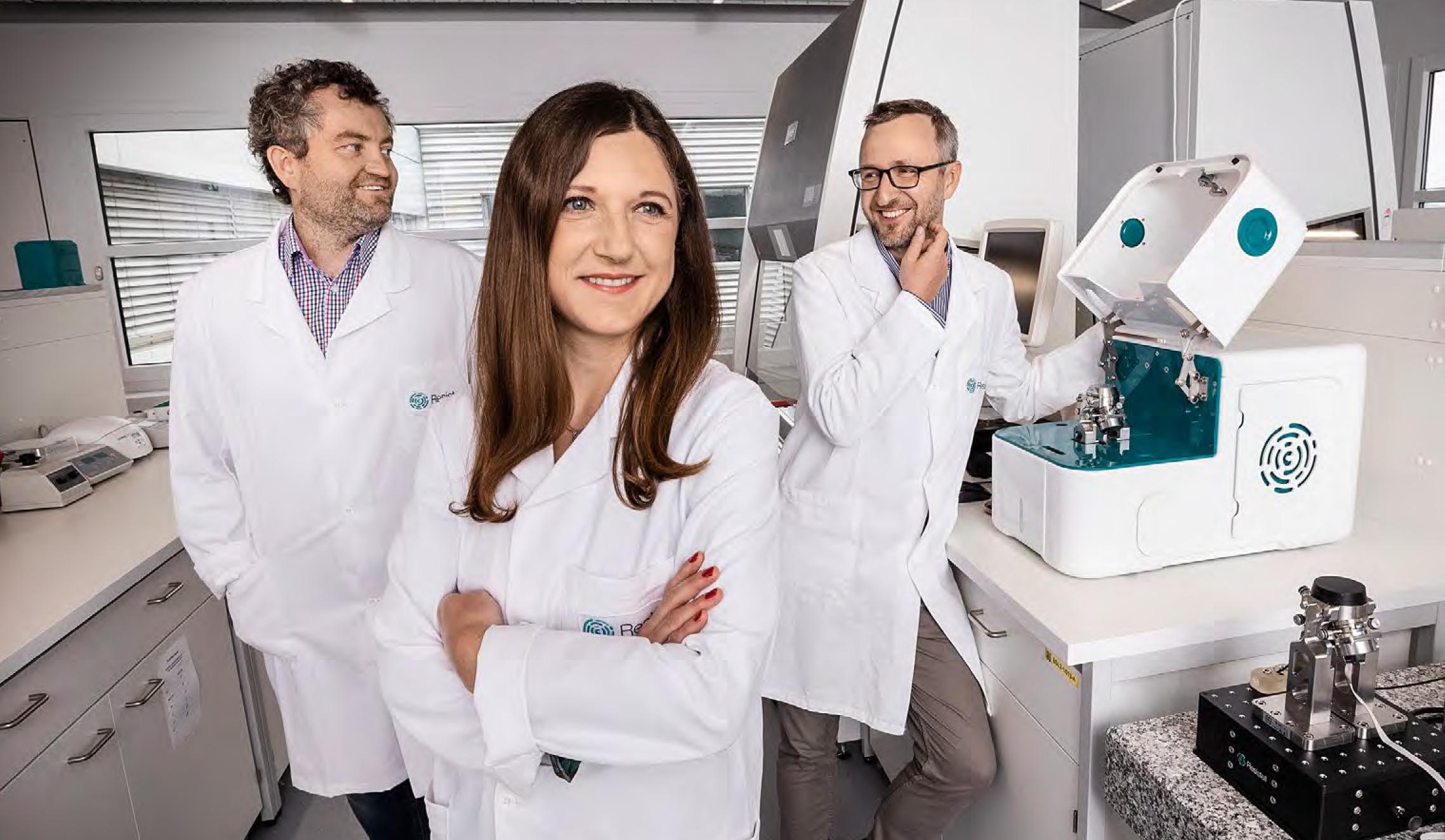
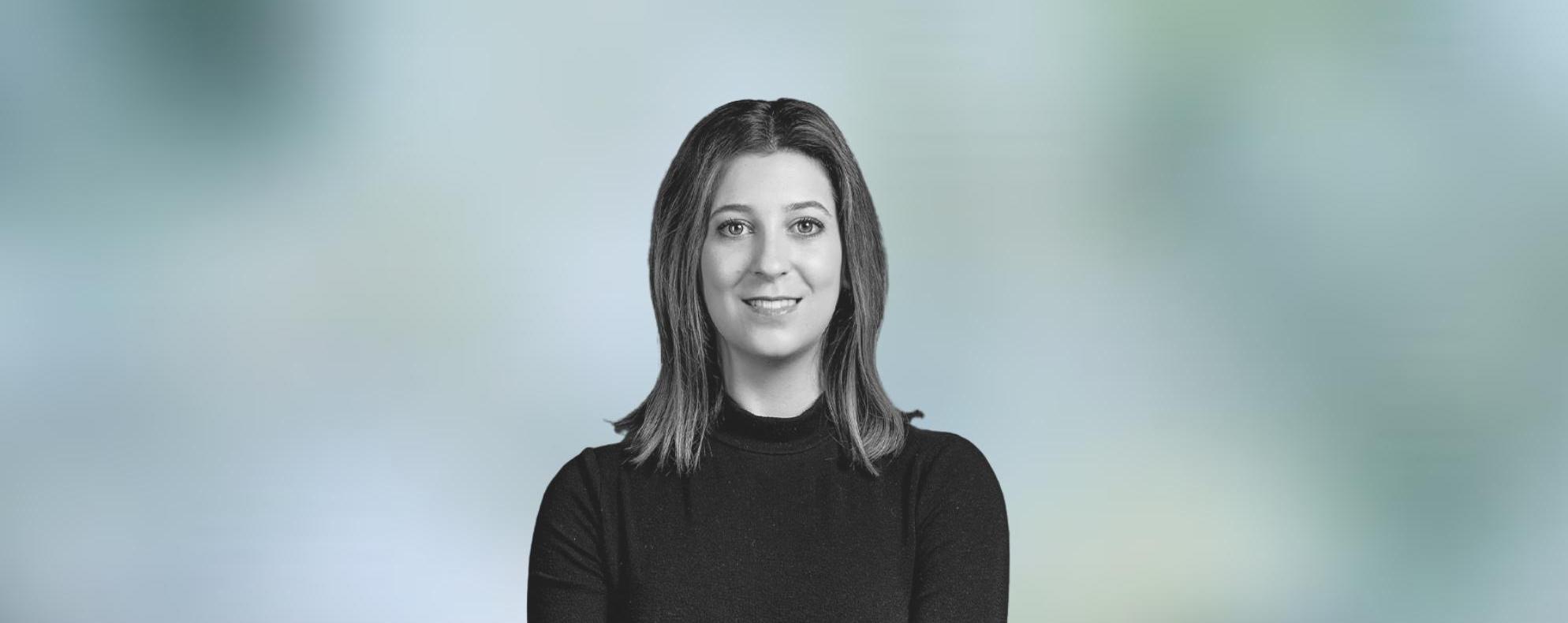
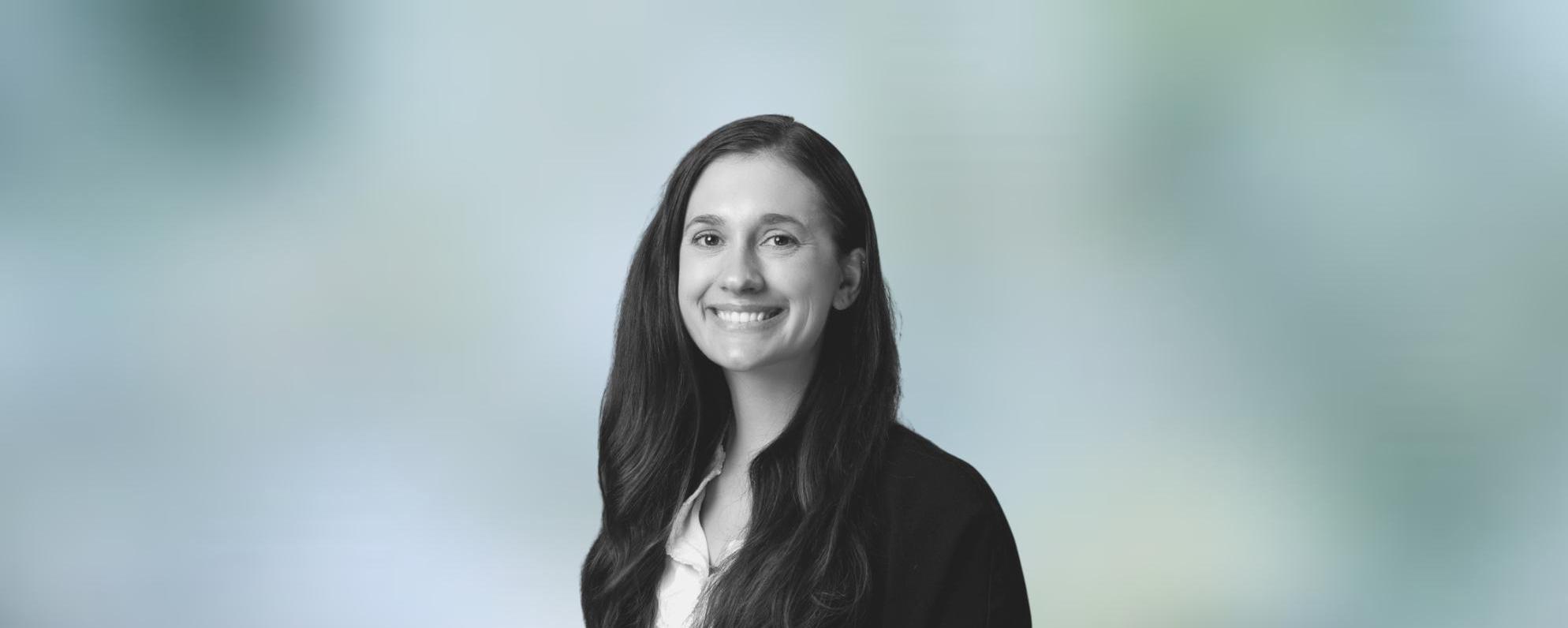
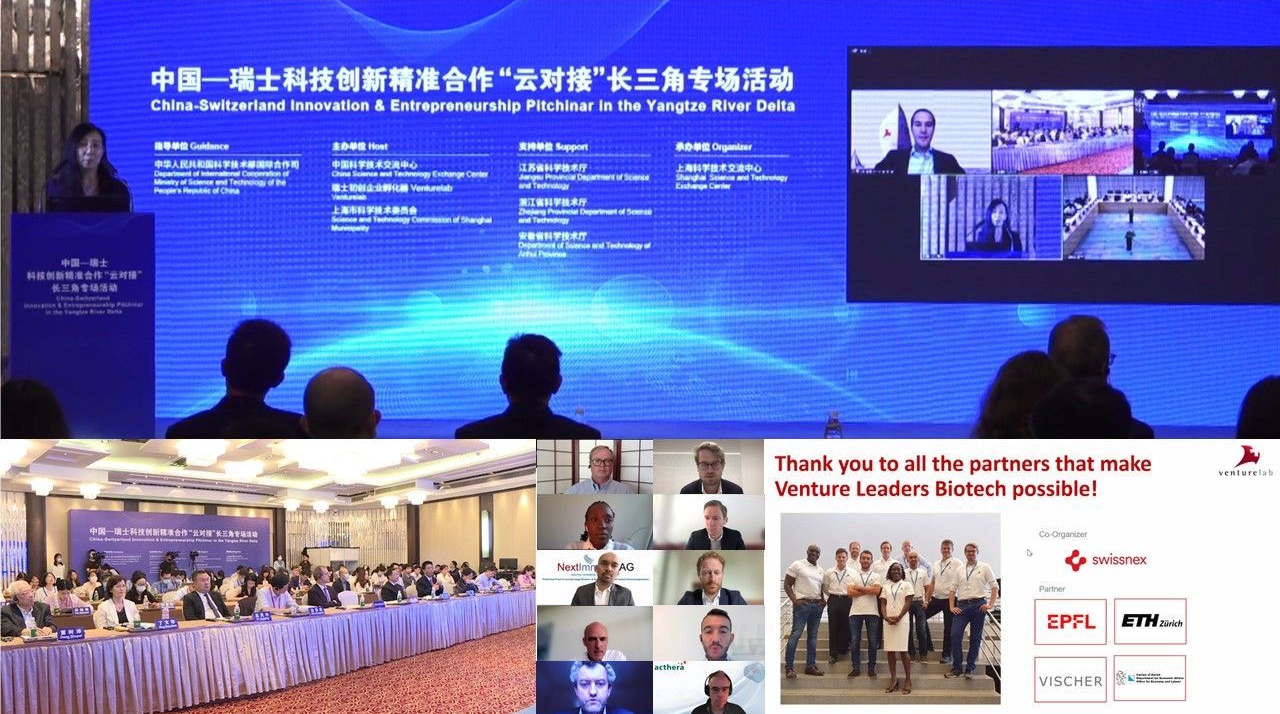
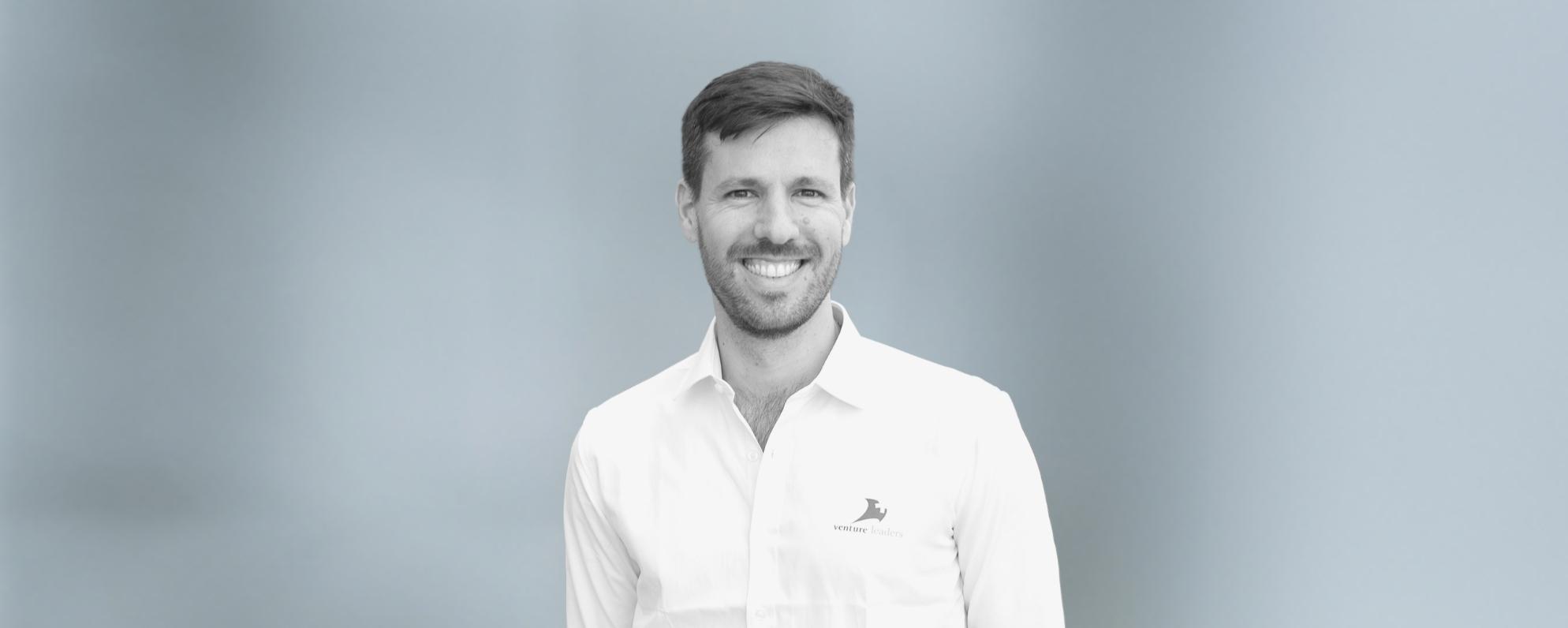
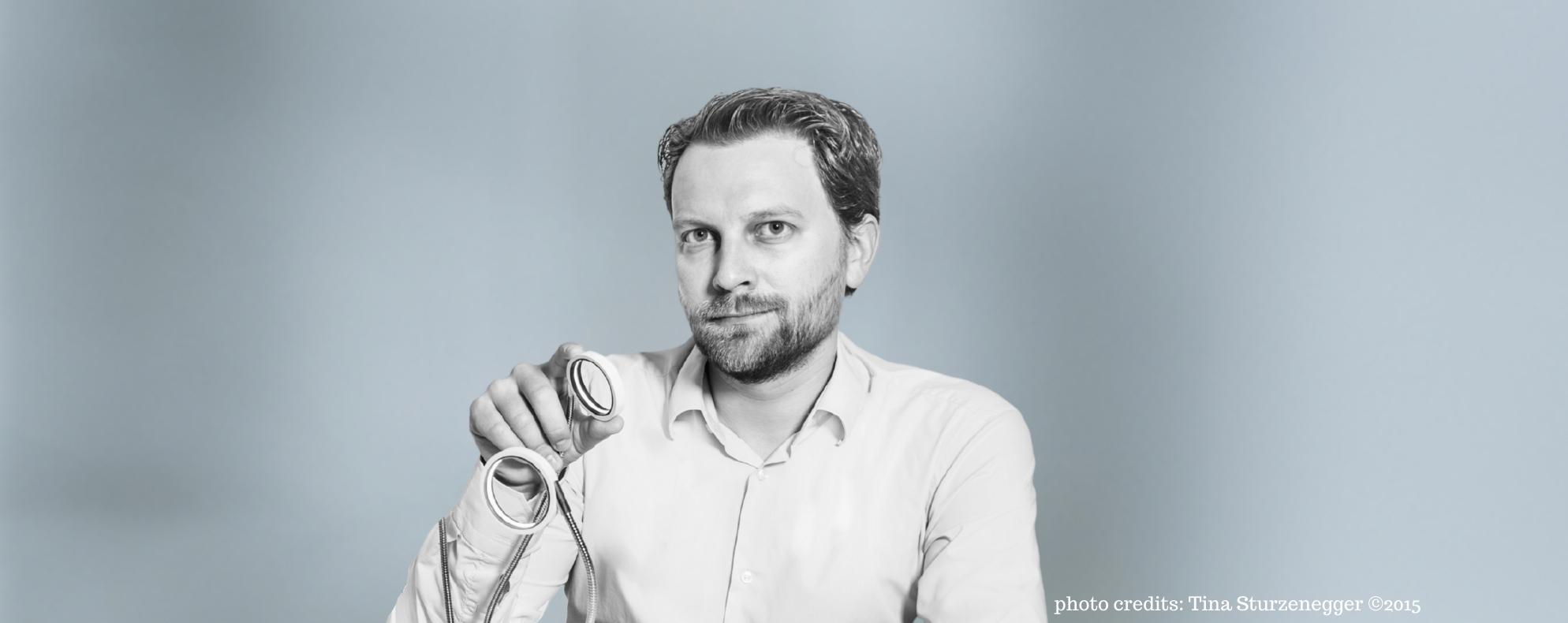
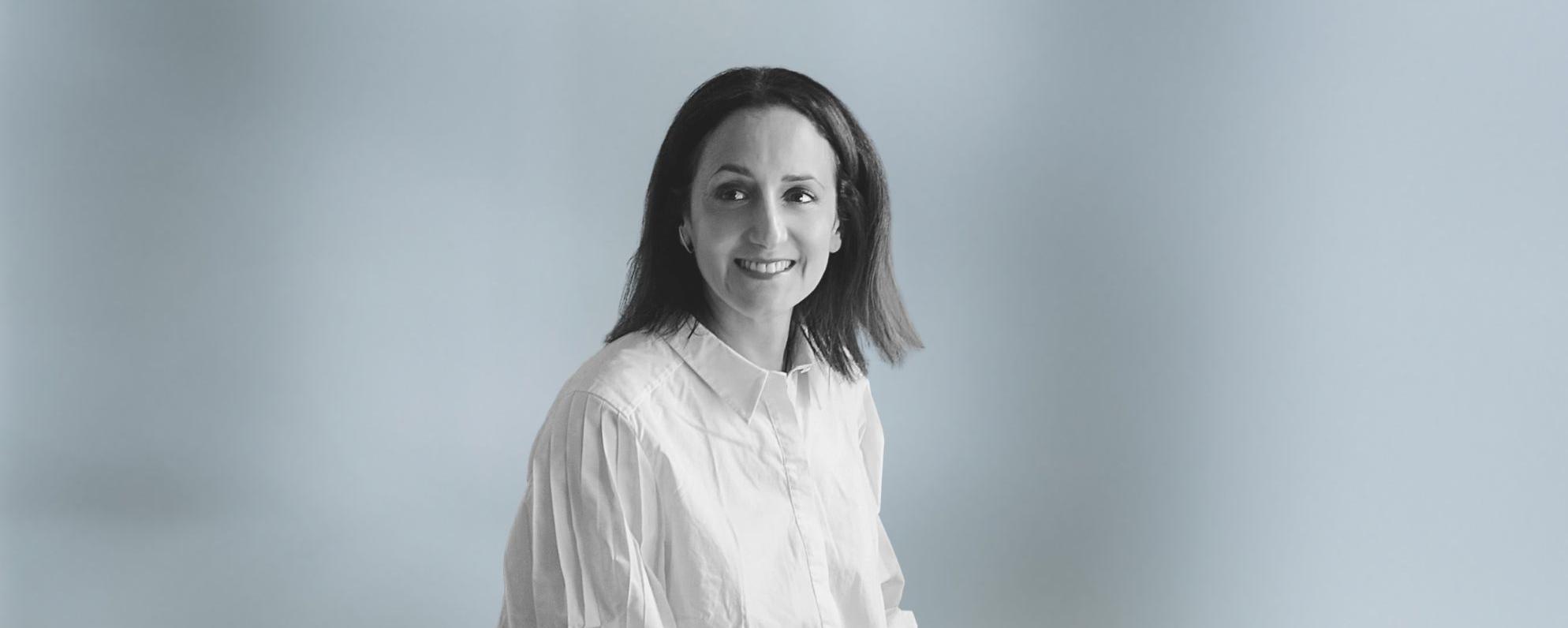
.jpg)
 (6).jpg)
